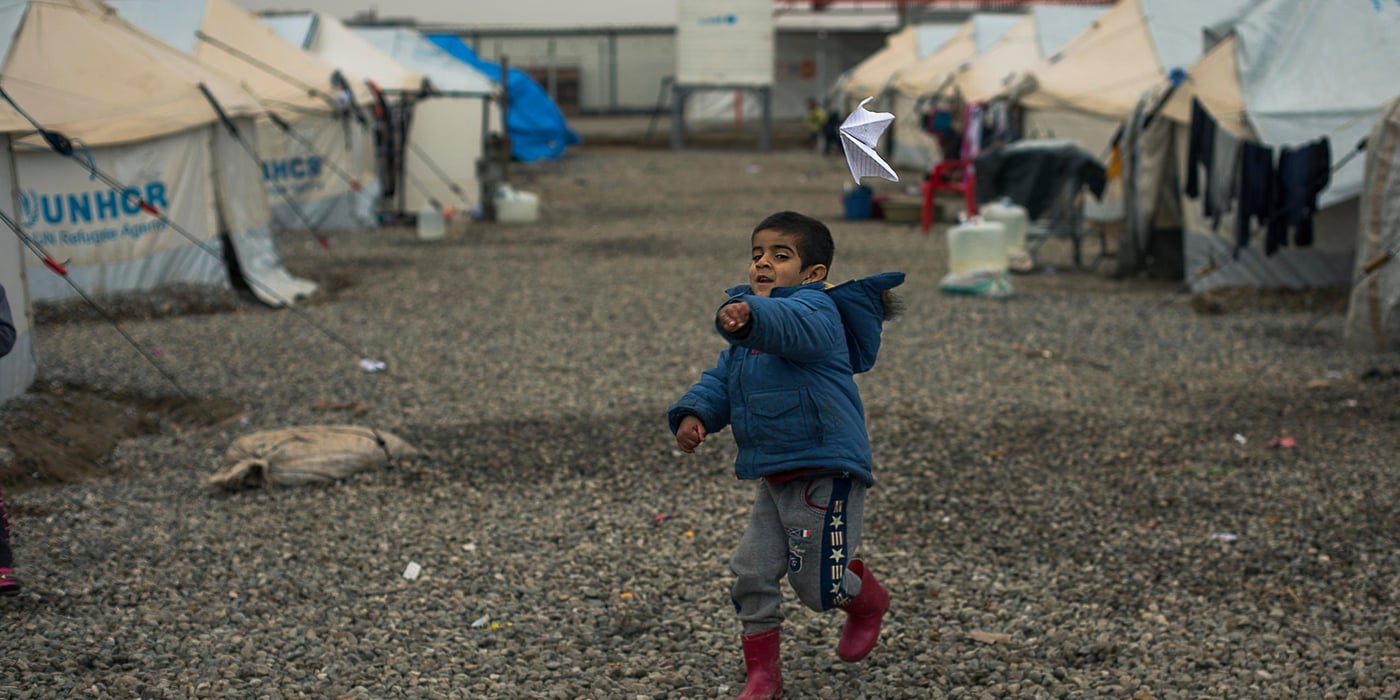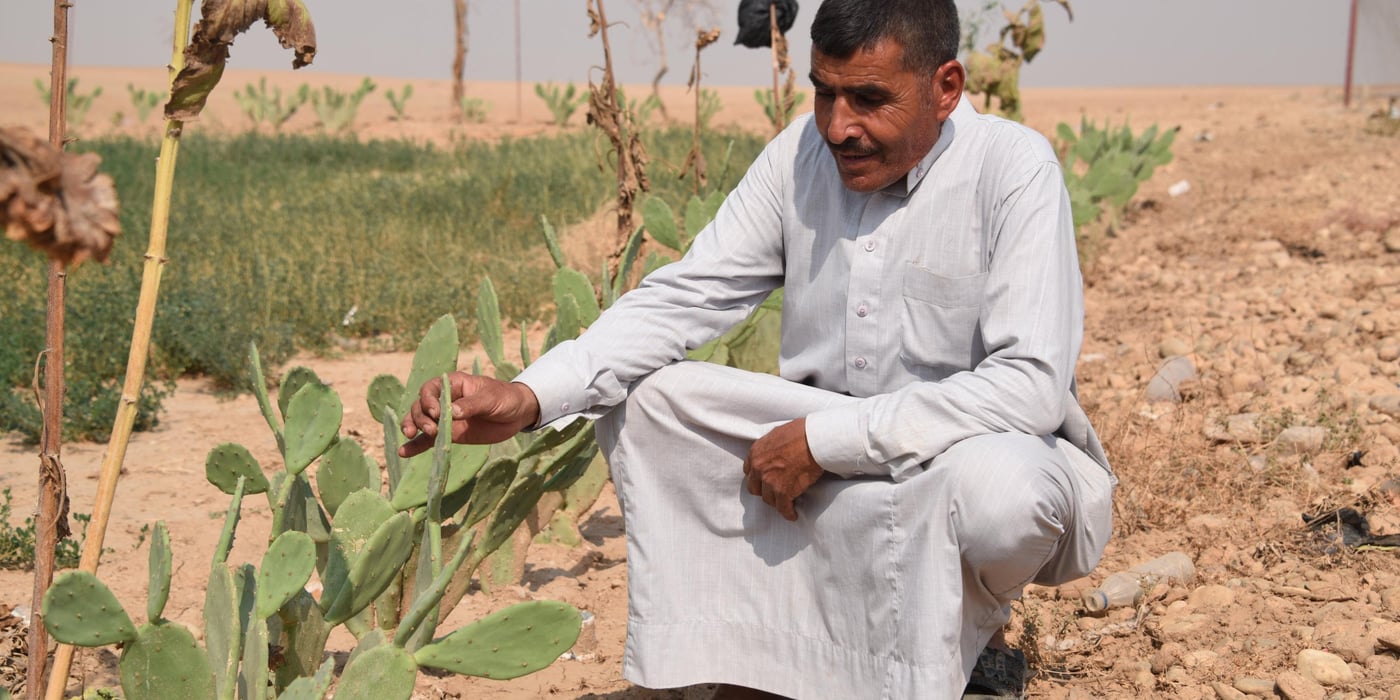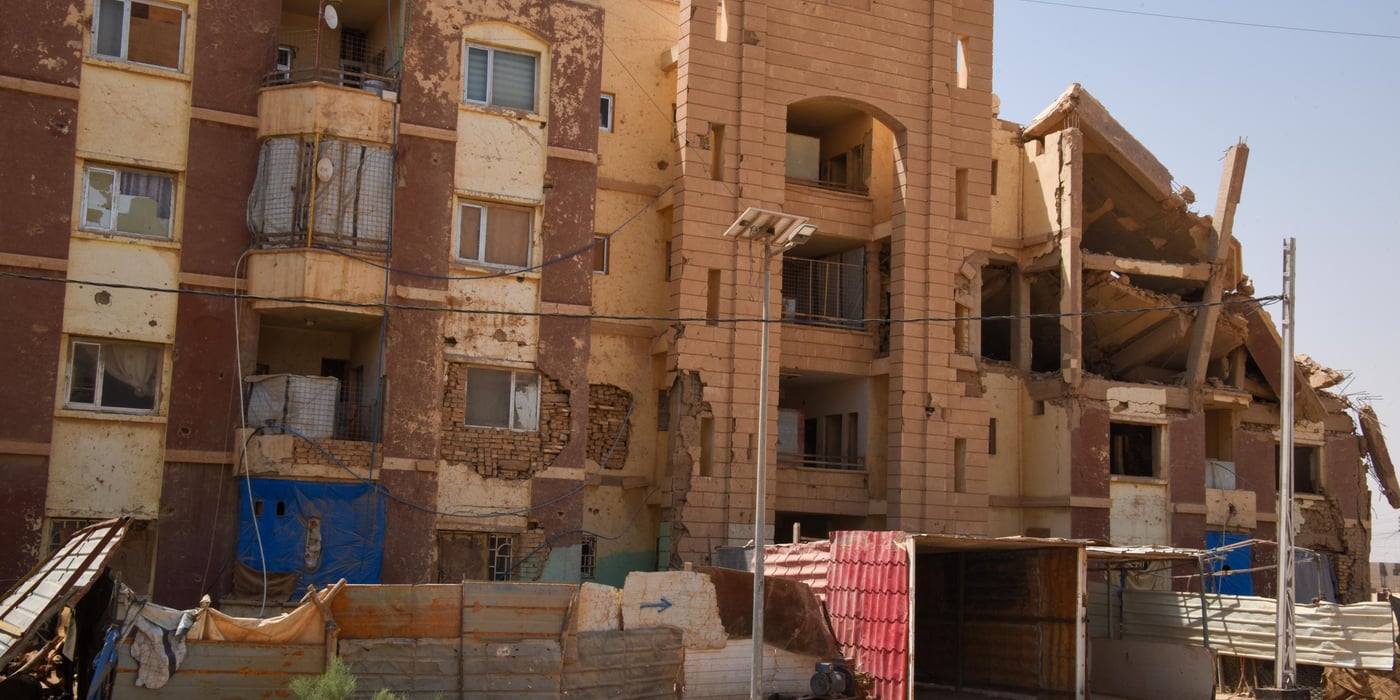
“Rebuilding will be the key to preventing further conflict in Iraq,” said Heidi Diedrich, Iraq country director with the Norwegian Refugee Council. “People from every ethnic, religious and socio-economic group in Iraq have suffered as a result of this conflict. It is the responsibility of the international community now to help them rebuild their country and repair the divisions that helped to create the conflict in the first place,” she said.
The military offensive to retake Mosul from IS started in October last year and according to government figures over 900,000 people have fled the city since then. Although 90 percent of the population of east Mosul have returned, the same proportion of the population is still displaced from west Mosul
“I really would like to go back to my hometown in Mosul, at the same time, I will not go back when there is nothing. I have to make sure that there is safety, public services and job opportunities first, then I will go back,” said Mohamed, 40, west Mosul resident who fled to Hammam al-Alil, 50 kilometres away.
Tens of thousands of people are likely to return to the city in the near future, placing pressure on the Iraqi Government and the international community to begin rebuilding the city immediately. A lack of basic services, education opportunities, and livelihoods, the presence of unexploded ordnance and explosive devices, destroyed property and ongoing violence are some of the challenges that need to be rapidly addressed.
“Now that the battle for Mosul has ended, the Iraqi state must provide safety and security for all civilians. Combatants must not take the law into their own hands. In particular, there must be no collective punishment of families suspected of affiliation with IS,” Diedrich said.
“IS still occupies large areas in Iraq - in Hawija, Tal Afar, and western Anbar - where military operations are expected to commence soon. The humanitarian situation not only remains grave, but could worsen,” Diedrich said.
Due to the protracted conflict, over three million people are displaced across Iraq. One third of Iraq’s population, 11 million people, are in need of humanitarian assistance. Yet only 42 per cent of the funding required to meet their needs has been provided this year.
“Sustained funding so civilians are assisted and protected during the aftermath of Mosul is the least the Government of Iraq and the international community must commit to now. Looking ahead there must be a commitment to rebuild and to alter the conditions that created the conflict in the first place,” Diedrich said.
NRC in Iraq
NRC has provided food and water to the majority of the over 742,993 who have fled west Mosul since 19 February.
NRC has been supplying water in east Mosul and, in west Mosul, is constructing a water treatment plant that will provide drinking water to approximately 100,000 people.
NRC has set up an information hub at one of the mustering points outside Mosul providing information about essential services and to help families from being separated. There are approximately ten lawyers who have been working in Mosul to provide displaced people with legal assistance.
NRC will distribute USD400 to over 1,200 families (benefitting between 7,000 to 8,000 people) in Mosul who don’t currently have an income and are unable to earn money.
NRC manages a displacement camp 50 kms south of Mosul where 21,000 people are accommodated.
Media contacts
IRAQ - Melany Markham, Media Coordinator, +964 7515019899, melany.markham@nrc.no
JORDAN – Karl Schembri, +962 7902 20159, karl.schembri@nrc.no




